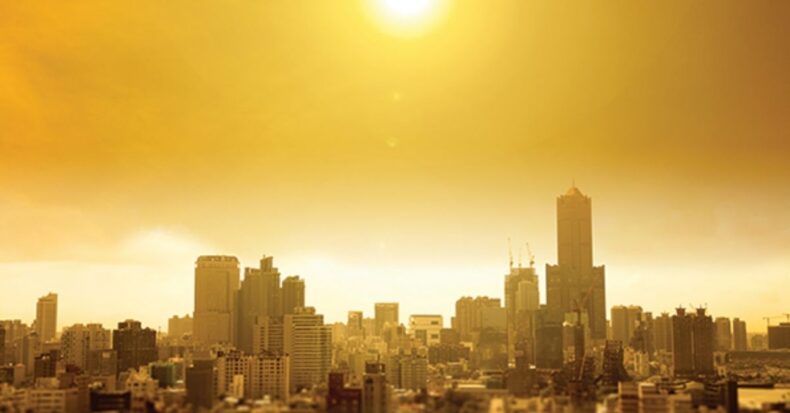
A temperature rise is consistently declining human focus and productivity.
Violence and aggression are going up due to intense heat affecting human behaviour.
With rising global temperature and record-breaking heat waves, the effects of extreme heat on human behaviour could pose a growing problem.
Researchers are linking extreme heat to increased aggression, low cognitive ability and lost productivity.
Physiologically, human bodies are not built to handle heat beyond wet-bulb temperatures- a combined measure of warmth and humidity-of around 35 degrees Celsius.
Heat affects human performance on various tasks, as well as their overall coping mechanism.
The physiological effects of heat may be universal, but the ways they manifest are highly unequal.
Heat and Aggression of Human Behaviour
For over a century, scientists have been documenting the difficulties humans face in coping with extreme heat.
However, much of that work was done in laboratory settings allowing for a high degree of control.
Findings that appeared in the 2000 Advances in Experimental Social Psychology suggest that heat makes people more irritable.
Consequently, they perceive things as nastier when they are hot than when they are comfortable.
A study done with the crime data in Los Angeles from 2010 to 2017 shows that when temperatures exceed 65-70 degrees Fahrenheit, the violent crime rate increases.
An estimation from the Mississippi data states that heat generates an additional 4,000 violent acts each year in US correctional facilities, lacking air conditioning and proper ventilation.
Violent crime rates are increased by almost 10% on even hotter days.
Heat and Performance
The relationship between heat and human behaviour extends beyond violence.
Researchers have estimated that when temperatures climb beyond 35 degrees Celsius, average daily production decreases by 2-8%, compared with days under 30 degrees Celsius.
A report in May 2020 American Economic Journal: Economic Policy suggested that students in schools without air conditioning scored lower than expected.
For this report, the team correlated exam scores with daily temperature data from around 3,000 weather stations across New York City, along with the information about each student’s access to air conditioning.
An analysis published in March 2020 in the Journal of Human Resources found that students who take a particular exam on an approximately 32 degrees day are 10% less likely to pass the said exam than if they had taken the exam on a 24 degrees day.
The sort of performance decline does not just happen in academic settings but extends to workplaces too.
The industries where air conditioning is rare-several weaving and garment sewing factories and steel industries suffer through a decreased productivity when days get hotter.
The National Survey Data of India has shown that industrial productivity has started dropping since the average daily maximum temperatures rose above 20 degrees Celsius.
How Can You Deal With Intense Heat??
The studies linking the effect of intense heat to distorting human behaviours of aggression show significant geographical differences.
The impact of extreme heat tends to be worse in poor residents living in the hottest parts of the cities, with mid-afternoon temperatures rising by 8-11 degrees Celsius.
The effects get worsened in poor neighbourhoods with high density, limited green space and shade and far fewer air conditioning units.
The most straightforward choice is to provide everyone with air conditioning-meeting that demand would contribute to global warming.
An estimate suggests that air conditioning in emerging countries will lead to 33 times as much as energy consumption by the year 2100.
Air conditioning is not sustainable.
There should be urban planning mechanisms through which one can reduce ambient temperatures. Increasing the tree cover in cities and using ‘cool’ building materials that reflect sunlight would be better.
The long term and sustainable solution would be not to keep overheating the poor.
“The poor have the least capacity to adapt. In a fair world, I hope we do not just shrug at that fact”.














